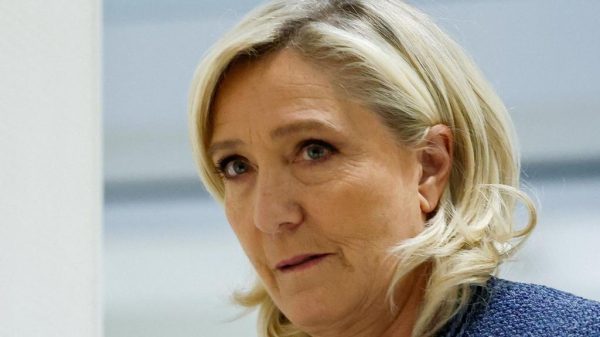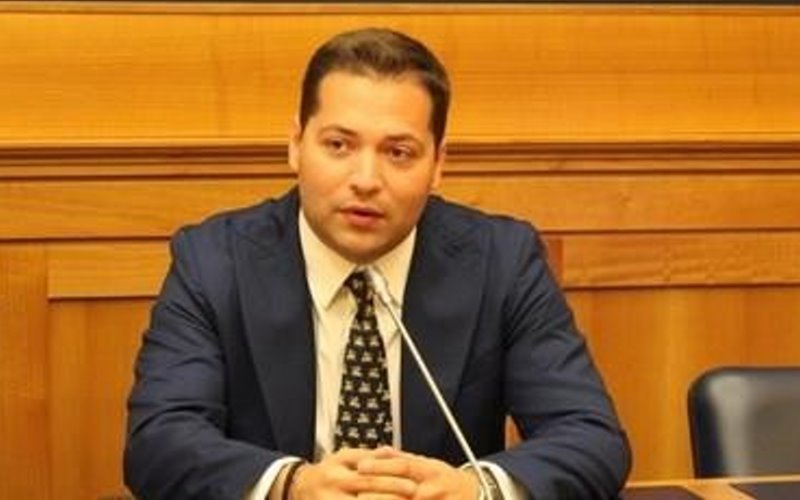Interview with the Daily Newspaper LIBERO
Let’s start with the theme of the economy. In Italy, economic growth is slowly recovering, but it still seems to be stagnating. In your opinion, what are the main reforms that our country should adopt to revive the economy?
In Italy, we have a chronic problem of economic growth, due to a range of factors, including bureaucracy, an overly complex tax system and a rigid labour market. The reforms that I consider fundamental are a drastic simplification of bureaucracy, with the elimination of obsolete laws and regulations that stifle entrepreneurial initiative, and a tax reform that provides for a reduction in taxes, perhaps the flat tax invented by Milton Friedman and envisaged by the program of the center-right government.
In addition, it is necessary to intervene in the labour market to make it more flexible, for example by encouraging negotiation in companies and reducing the tax burden. All these changes could give an energetic boost to growth, it would take a shock for a major recovery through radical measures.
You often talk about economic and personal freedom. How can Italy improve in these areas, and what obstacles do you see on the horizon?
Economic freedom is often the prerequisite for individual freedom, these are the fundamental pillars of the Friedman Institute’s vision. Freedom is our existential mission. Italy, unfortunately, still has a long way to go in this regard. Significant improvement would require reducing state interventionism in the economy, privatizing public assets, opening up to the free market and competition, and firmly defending individual rights, including civil, property, and commercial rights. As
Regard to the LGBTQ question, for example, the Italian center-right is incapable of being current, it is incapable of fully understanding that the state should not make moral judgments about the lives of its citizens, but treat them all equally, because we are born free. The biggest obstacles are a widespread statist mentality and a political class that is often more interested in maintaining consensus than in implementing courageous reforms, even on the center-right that would be more akin to our values. On the other hand, there is the left that has returned to its past by promoting hatred, social disparity, handcuffed justicialism and that shirks when their members violate the rights. A cultural change is also essential, highlighting the importance of freedoms in all areas, private initiative and merit.
To quote Friedman: less government means more freedom?
Of course, always. Socialism, in its various forms, still represents a danger because it tends to centralize power and limit individual freedom, promoting a planned economy that has proven historically inefficient and oppressive. Socialism, even in its most moderate versions, involves excessive state interference in people’s lives and market dynamics, stifling innovation and reducing opportunity. The alternative I propose is a system based on the free market, respect for private property and the reduction of the role of the state to a minimum, as Javier Milei is trying to do in Argentina. It is the market, with its capacity for self-regulation and adaptation, that can guarantee prosperity and freedom to people.
Are there any concrete cases of current applications of socialism or communism that you would like to mention?
What is happening in Venezuela, Cuba, Nicaragua and other suffering countries shows how harmful socialist ideology still is and how the communist threat remains a universal danger. The arrests of opponents, such as the case of our friend Williams Dávila in Caracas, and the oppression of dissent and the people are the order of the day. In Europe, there are also those who think that controlling opinions is an effective method to protect oneself from the worst dangers, it is the classic patch worse than the hole. We don’t defend democracy by attacking those who don’t think like us, see the Musk and Durov affairs, but we end up sinking it. Musk and Durov are now libertarian heroes who protect the privacy and free speech of billions of people. Private assets should not be confiscated, as was done in the past in the USSR, just to punish someone for their alleged dealings, as happened in the cases of Russian businessmen Abramovich, Usmanov, Fridman and others, who were proven to have nothing to do with the invasion of Ukraine and the war in general. Today, there is also talk of EU sanctions against certain Israeli “entities”, we are paradoxical, we are sanctioning our adversaries, but also our allies and those who are waging a defensive war for all of us. These things are done by schizophrenic regimes, Europe should not do them.
These days, there is a lot of talk about geopolitics and the challenges facing the West. What is your opinion on the current situation and what do you think Italy should be its priorities? The current geopolitical situation is extremely complex, with growing tensions between the West and countries such as China and Russia. Italy, together with Europe, must strengthen its position at the head of the Western bloc and defend the values of democracy, freedom and the rule of law. It is also a question of investing in defence and security, developing an energy policy that reduces dependence on non-democratic countries and promoting the diversification of trade
relations. It is essential that Italy plays an active role in this dynamic, both at European and international level, defending its interests and those of the West, but also by playing its traditional role as a mediator. Meloni and Tajani are working well on this subject and have given us back authority. In Africa too, we can become a point of reference and a guarantee of stability for many.
The Friedman Institute, which you direct, has gained increasing authority in recent years and is committed to the promotion of liberalism and the free market. What projects and initiatives are you working on?
We work to promote the principles of individual freedom and economic liberalism in 33 countries around the world. Among our key initiatives are awareness and training campaigns, aimed at both citizens and policymakers, to highlight the benefits of the free market. We organize conferences, debates and publish reports on economic and social issues, we focus on young people and on a new ruling class. Recently, we have also focused heavily on international relations, supporting the opposition in Venezuela, confirming our strong support for Israel, and engaging with the Arab countries most active in the fight against terrorism and radical Islamism. Islamism is the totalitarianism of our time. We must never take for granted the rights and freedoms we have, but rather strive to expand and strengthen them, not only for ourselves, but also for future generations. I appeal to those who think like us, in politics and in civil society: have more courage and get involved.
Source:
https://www.liberoquotidiano.it/news/general/40231242/bertoldi-la-liberta-e-la-nostra- missione-oggi-serve-piu-coraggio-per-difenderla-e-promuoverla.html


















































